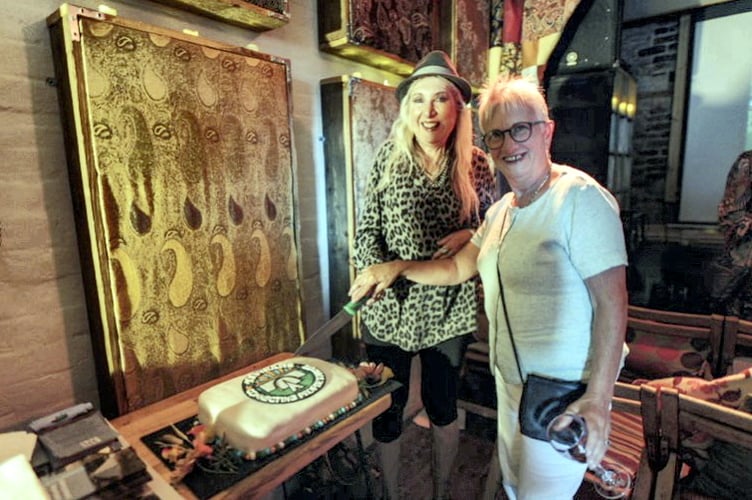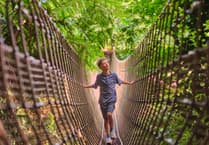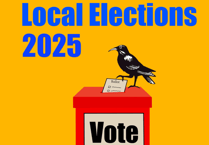The centenary of the establishment of Maker Camp has been celebrated on the Rame Peninsula.
To mark the occasion, a short film by Tom Kirkman telling the history of the camp was premiered at Patchwork Studios, Maker Heights.
Many Cornwall and Devon residents have fond memories of visits to Maker Camp during their school days in the 1960s and 1970s.
Recollections include eating meals in the canteen, waiting for the tuck shop to open so that sweets could be bought, sleeping in dormitories, and walking to Kingsand and Cawsand.
Children from other parts of the country also visited.
The first organised holiday for children at Maker Camp took place in 1923.
Use of the military site was negotiated with the War Office by Lady Nancy Astor, the first female MP to sit in the House of Commons. At the time, Lady and Lord Astor had established the Virginia House Settlement in Plymouth, an early social welfare scheme. This provided training, education and other support for children, young people and adults in a deprived part of the city.
Lady Astor believed that enabling children to holiday in the countryside would be beneficial for their health and wellbeing and help build a sense of community and civic pride. In a document held in archives at The Box in Plymouth, staff of the Virginia House Settlement wrote of “how often they have heard the children tell, unprompted by anyone, of the wonderful time they had last year at the holiday home. It’s like a fairytale they never weary of dwelling on.”
The site continued to host educational visits and holidays for schoolchildren until the 1980s. Today Maker Heights, designated a nationally important heritage site, continues to thrive under the management of the charity Rame Conservation Trust.
Many of the services and activities that are available on the site today, such as outdoor art classes, wellbeing activities, dance, live music and good food resonate with activities that the early visitors to site participated in.
The short film traces the history of the site from 1923 onwards, showcases the current cultural activities and heritage on site, and links the past to the present via a series of themes: connecting people to nature, art, music and health and well-being.





Comments
This article has no comments yet. Be the first to leave a comment.